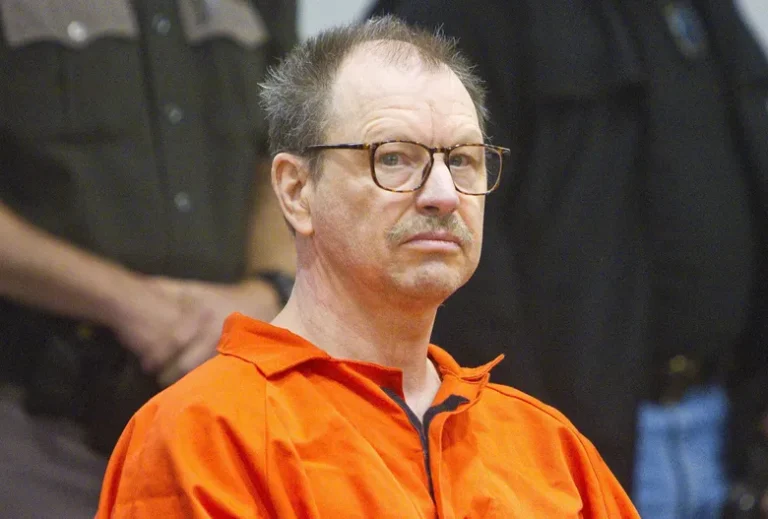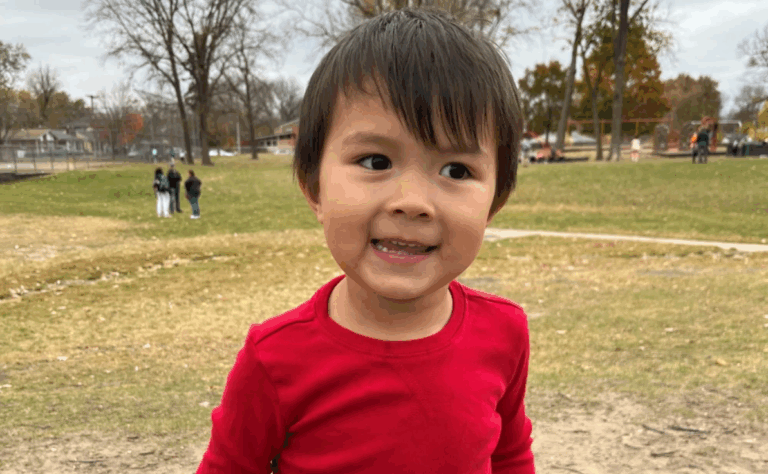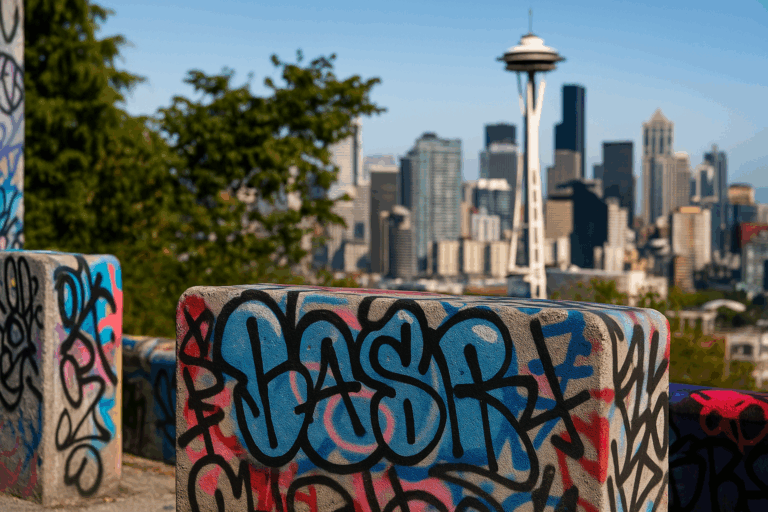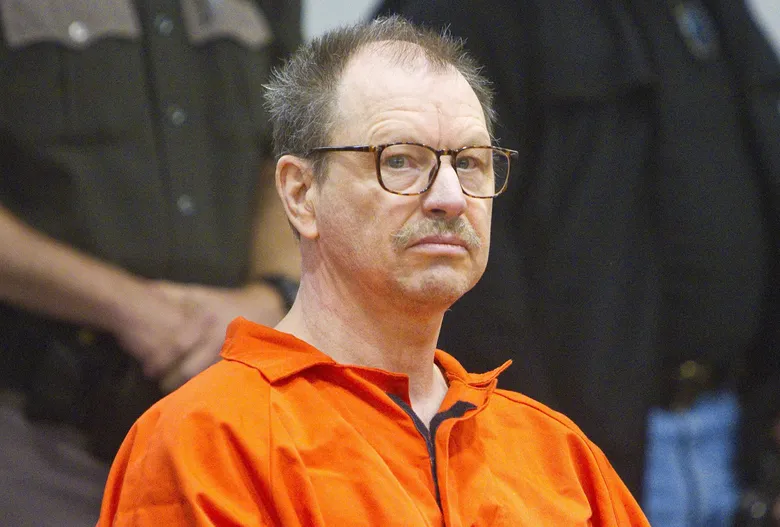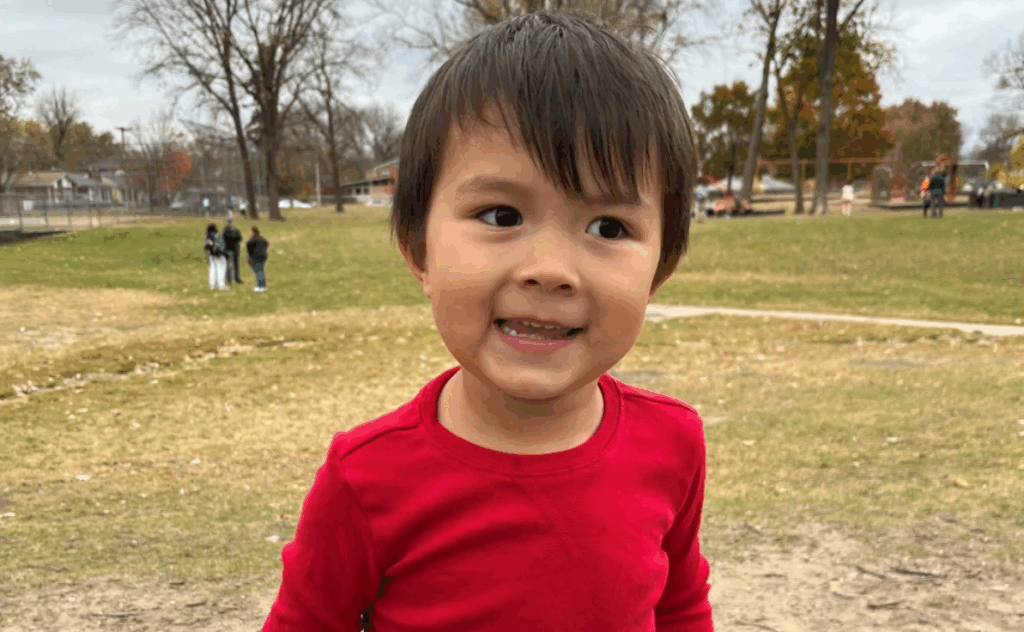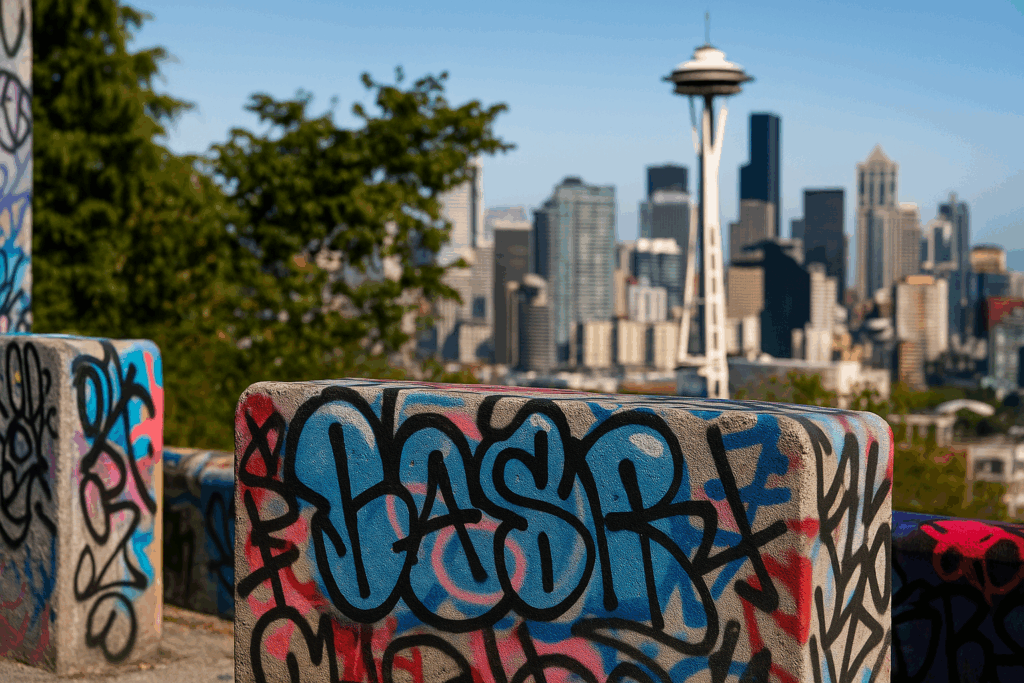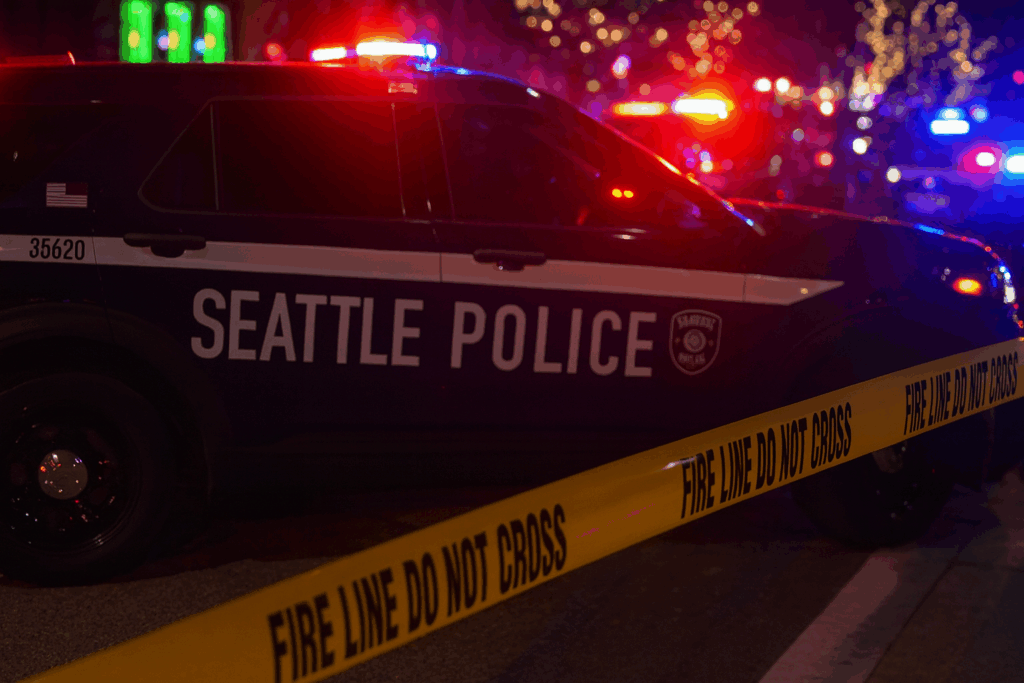On September 3rd, Yangje Sherpa, a recent graduate from the University of Washington, got on a plane with her mother to visit their family that remains living in Kathmandu, Nepal. What was supposed to be a joyous reunion soon turned terrifying, as in the following days social unrest would rock the country and lead to over twenty deaths.
Nepal has been rocked by the deadliest political unrest in years after the government abruptly blocked access to major social-media platforms, a move officials said was aimed at curbing fake accounts and hate speech but which many citizens saw as an assault on free expression. Youth-led demonstrators, dubbed the “Gen Z protests”, defied curfews nationwide, torching government buildings and parts of the parliamentary complex in Kathmandu as police fired tear gas, water cannons, and, in some instances, live rounds. By Tuesday, at least 19 people were confirmed dead (some outlets now report 20+), hundreds were injured, and Kathmandu’s airport was briefly shut as authorities struggled to regain control. Facing surging anger, the government lifted the social-media ban, but the damage was done: Prime Minister K.P. Sharma Oli resigned on Tuesday, saying he hoped to de-escalate the crisis.
When asked about her thoughts on living through this crisis, Miss Sherpa replied, “The people of Nepal are fed up with the politians leading this country. What originally started as a Gen Z protest to peacefully bring awareness to the failures of the political system, was twisted into something it was never intended to be once innocent children started getting murdered. All of Nepal is absolutely enraged. They are burning down police stations, robbing banks, and even started freeing inmates from the jails in revolution. As for the outcome, I am afraid, because the army is now in full control since the Minister resigned. As JFK said, ‘Those who make peaceful revolution impossible will make violent revolution inevitable.’ Please pray for Nepal, and the families of those who lost loved ones.”
What Comes Next
The Communications Ministry signaled a post-mortem on the ban policy and promised compensation for victims’ families and medical care for the injured; an inquiry panel is due to recommend fixes within two weeks. But protests have persisted, fueled by broader grievances over corruption, nepotism, and economic malaise, issues activists highlighted online with campaigns like “Nepo Kid.” International media note the turbulence is being watched closely in India and China, both influential neighbors. Meanwhile, curfews and roadblocks remain spotty as security forces try to prevent renewed arson in the capital and nearby Bhaktapur.
Why the ban backfired
Officials sought to require platforms to register with Nepal’s government before operating, and temporarily blocked 26 apps, including Facebook, Instagram, WhatsApp, and Reddit, when companies balked. Critics said the move criminalized online dissent and was rolled out without transparency or safeguards, galvanizing university students and first-time protesters who relied on those apps for news, organizing, and work. After two days of escalating clashes, and images of burning ministry buildings that went viral once access returned, the cabinet reversed course.
Political fallout and what’s next
Oli’s resignation triggers coalition horse-trading in a parliament already split among parties with shifting alliances. Analysts warn a quick change of leadership won’t satisfy protesters unless the next government credibly tackles corruption and youth unemployment and articulates a legal framework for platform governance that protects civil liberties. Airports and border points are open, but authorities say they won’t rule out army deployment if rioting resumes.


